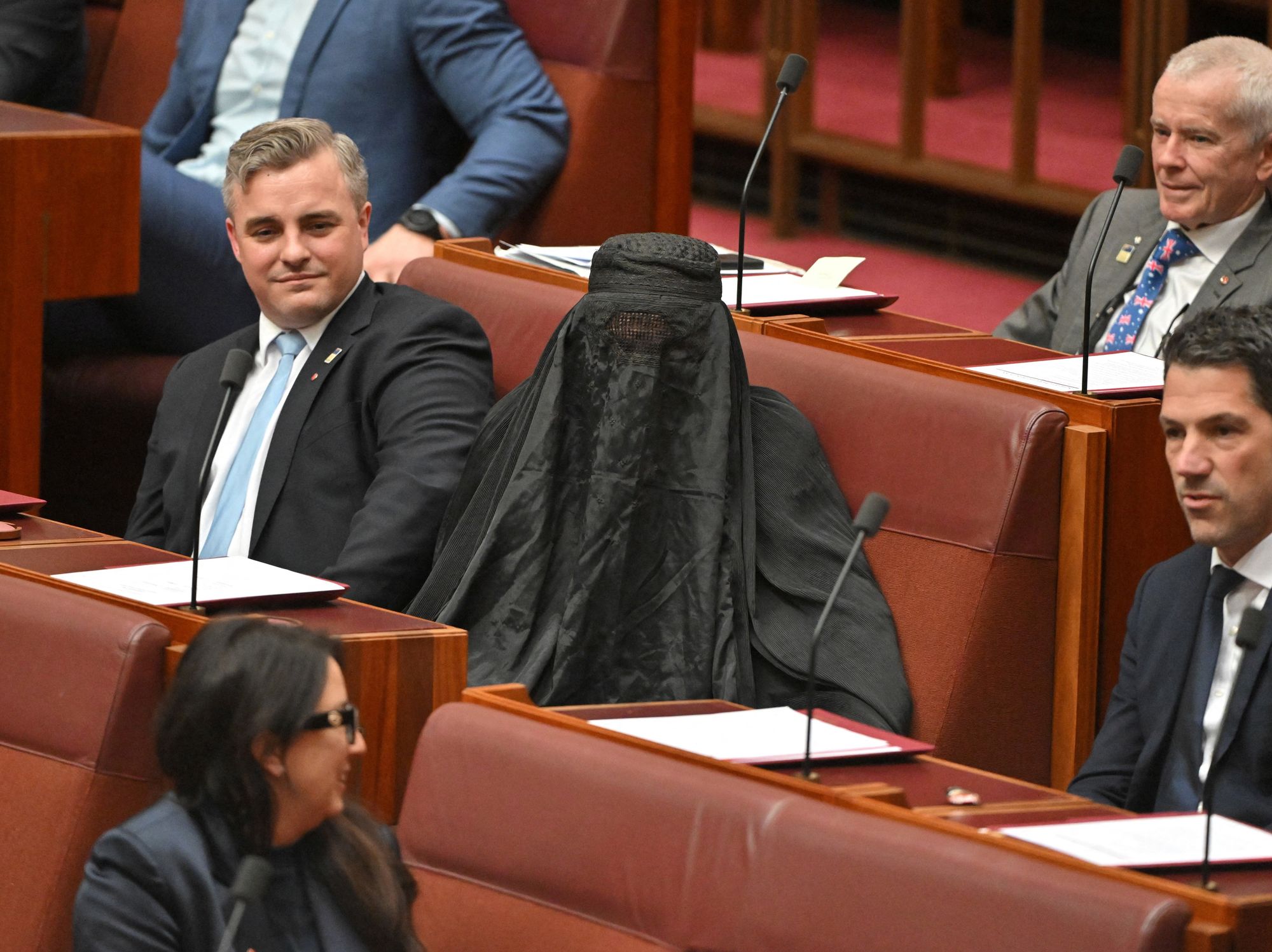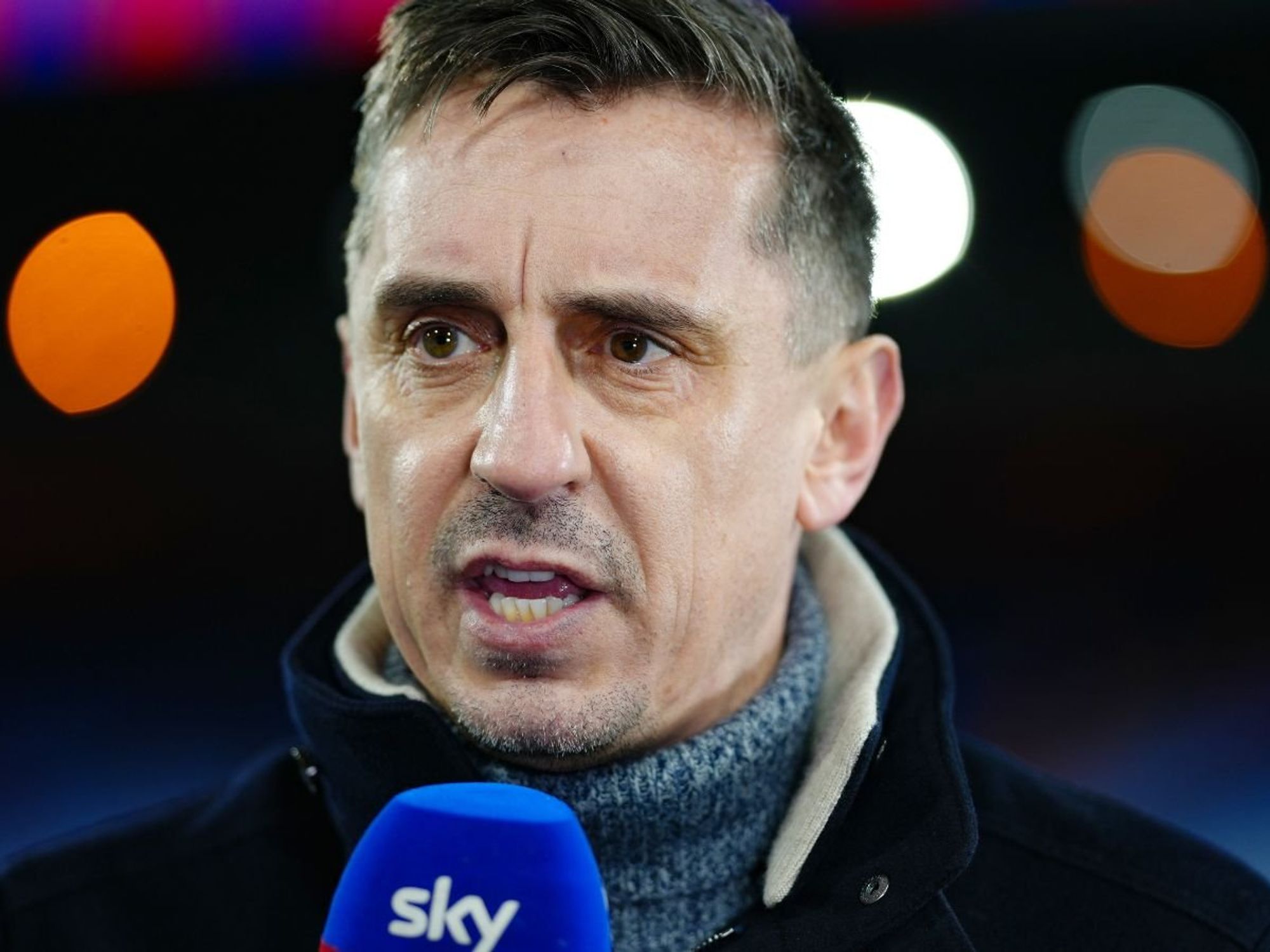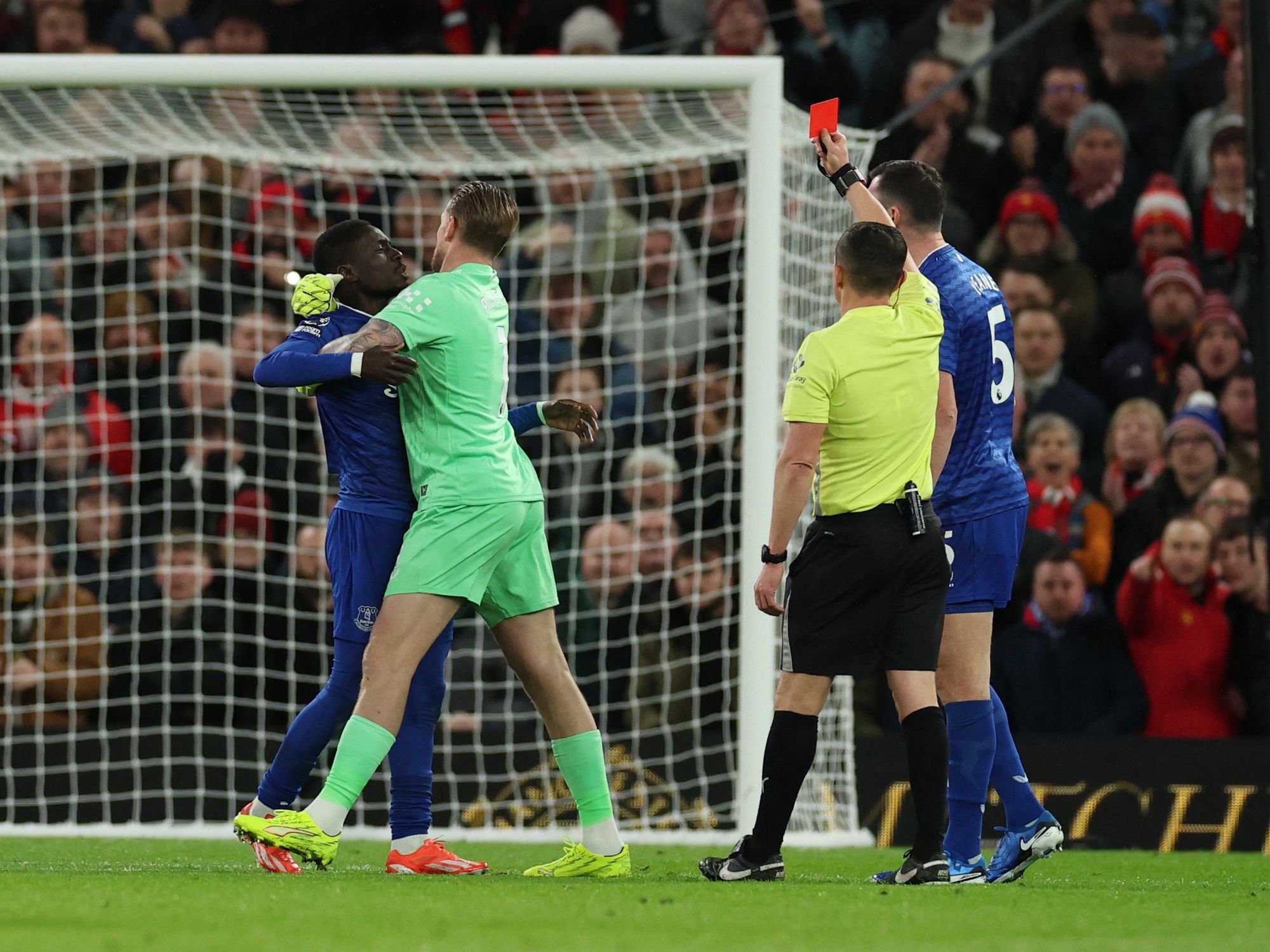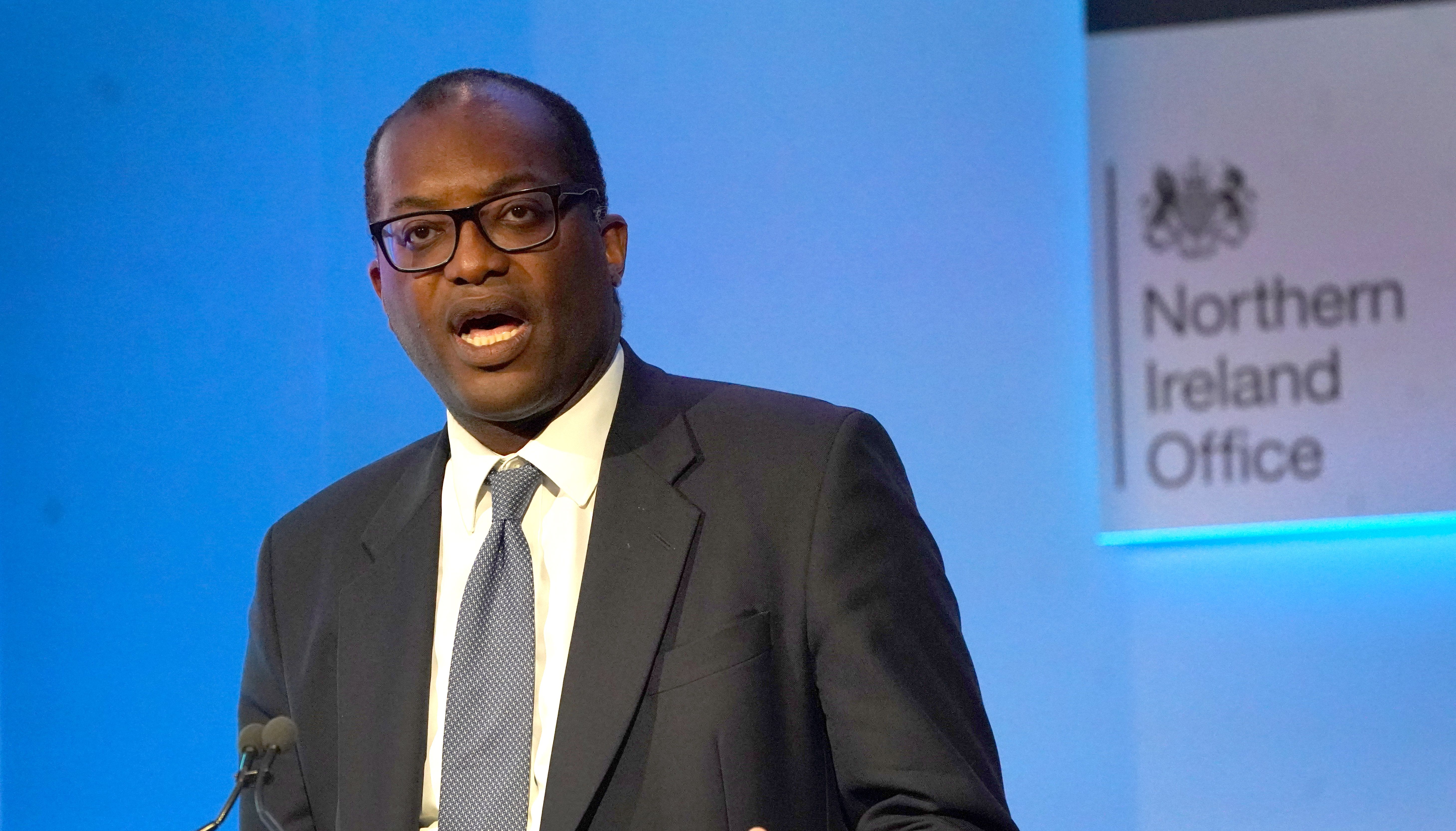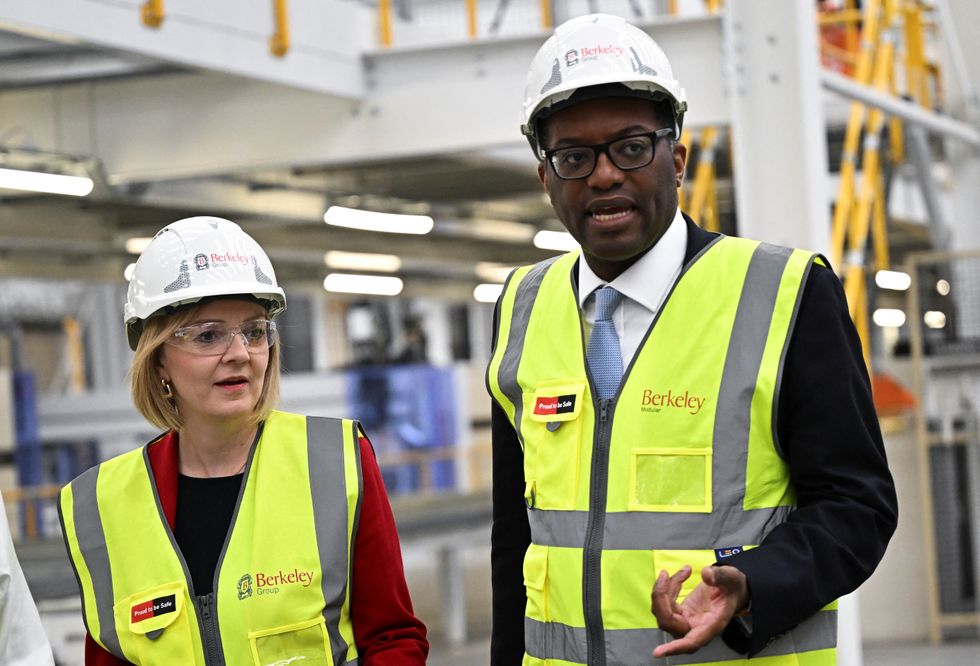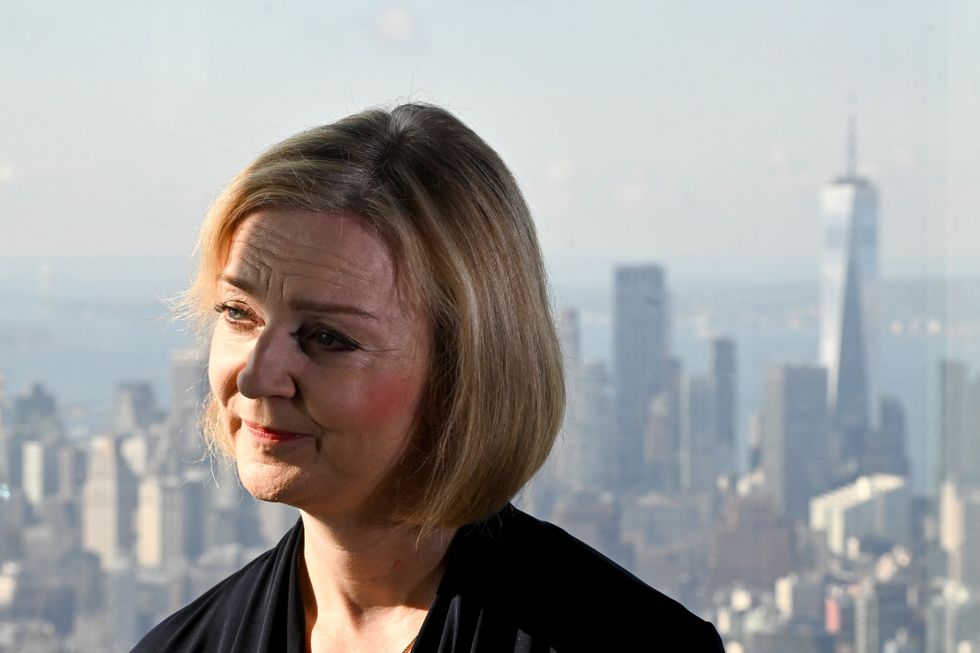Kwasi Kwarteng is ‘confident’ growth plan will work despite market turmoil

The Chancellor also emphasised the importance of the 'supply side' reforms ministers will be setting out in the coming weeks
Don't Miss
Most Read
Chancellor Kwasi Kwarteng has said he is “confident” his tax-cutting strategy to drive economic growth will work despite the turmoil on the financial markets.
In talks with City investors in the wake of Friday’s mini-budget, Mr Kwarteng insisted he was committed to “fiscal discipline” and that he had a “credible plan” to start to bring down the UK debt.
He also emphasised the importance of the “supply side” reforms ministers will be setting out in the coming weeks, including his “Big Bang 2.0” reforms of the financial market regulations, in supporting growth.
“We are confident in our long-term strategy to drive economic growth through tax cuts and supply side reform. Supply side reforms are critical – increasing capacity brings down prices,” he said, according to a Treasury readout of the meeting.
The Chancellor outlined new measures in his mini-budget last week.
Victoria Jones
“Cabinet ministers will set out more supply side measures over the coming weeks to make meaningful change. Right across government, departments have to be focused on this.
“As I said on Friday, every department will be a growth department.
“We are committed to fiscal discipline, and won’t re-open the spending review. We have a medium-term fiscal plan coming on November 23, alongside an OBR (Office for Budget Responsibility) forecast. That will be a credible plan to get debt to GDP falling.
“We have responded in the immediate term with an expansionary fiscal stance on energy because we had to. With two exogenous shocks – Covid-19 and Ukraine – we had to intervene. Our 70-year-high tax burden was also unsustainable.
“I’m confident that with our growth plan and the upcoming medium term fiscal plan – with close cooperation with the Bank – our approach will work.”
Kwasi Kwarteng said he is 'confident' about the plans for growth.
Dylan Martinez
His comments came after the pound plunged to a record low on Monday in the wake of his Commons statement last week setting out his plan for £45 billion of tax cuts.
In an attempt to calm the markets, Bank of England Governor Andrew Bailey issued a statement insisting they would raise interest rates by “as much as as is needed” to shore up the pound and keep the lid on inflation.
It followed Mr Kwarteng’s own statement on Monday that he would set out a new medium-term fiscal plan on November 23 with an updated set of OBR forecasts – something that was missing from Friday’s announcement.
After two days of big changes, the pound settled down on Tuesday, trading at around 1.08 dollars for most of the day, deviating only briefly with a two cent drop.
London’s top stock index, the FTSE 100, was also subdued, trading up by less than 0.1% on Tuesday afternoon.
Gilt yields fell by around 3%, but are still more than a quarter higher than just a week ago.
Mel Stride feels Liz Truss has put the party's reputation on the economy 'in jeopardy'.
Toby Melville
But with some analysts predicting interest rates could rise as high as 6% next year, some lenders have begun withdrawing some of their mortgages.
After a YouGov poll for The Times showed Labour opening up a 17-point lead over the Tories, there was deepening concern among Conservative MPs at the political fall-out from Mr Kwarteng’s plan.
Mel Stride, the chairman of the Commons Treasury Committee, who backed Rishi Sunak against Liz Truss in the Tory leadership contest, said the party’s reputation on the economy was “in jeopardy”.
He said the country was in “an extremely difficult situation” with higher borrowing costs than Italy or Greece.
He told BBC Radio 4’s The World at One that is was essential to rebuild confidence in the wake of the Chancellor’s “unfunded” tax promises.
“That really I think is the part that has spooked the markets, because those tax cuts have got to be paid for,” he said.






